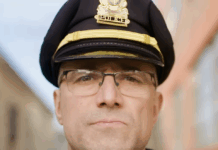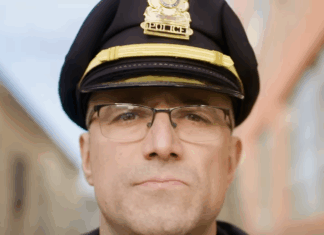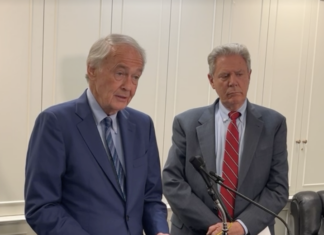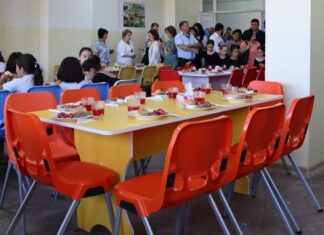By Rabbi Albert Gabbai
What would you say if the world denied that the Holocaust ever happened? Or that something like it may have occurred, but on a very small scale, and as an understandable byproduct of a war that was raging simultaneously? Or that it’s being exaggerated and exploited today to create an undeserved sense of sympathy?
That is what people of Armenian descent feel in regard to their genocide, what they call the tseghasbanootyoun. The term is used to describe the events of 1915, when, during World War I, members of the Turkish majority, abetted by minority Kurds, murdered up to 1.5 million Armenian Christians, all fellow citizens of the Ottoman Empire. Turkey has not only refused to admit that the Armenian Genocide even occurred, but it has pressured other countries, educational institutions, movie studios — even Jewish organizations — not to broach the subject.
Many people, Jews included, are ignorant about this topic, one of which Armenian Americans are all too starkly aware, often because their ancestors were killed or were survivors. The Armenian Genocide is generally not taught in schools and rarely touched upon by major media sources.
Until recently, I had never raised the subject of the Armenian Genocide during Shabbat remarks at Congregation Mikveh Israel, despite the fact that, having grown up in Cairo, I had numerous Armenian friends in the high school I attended.
We Jews are very sensitive about the use of the term “Holocaust,” and have reason to deplore its trivialization. Still, Armenian-Americans are justified when they compare their genocide to our Shoah.







